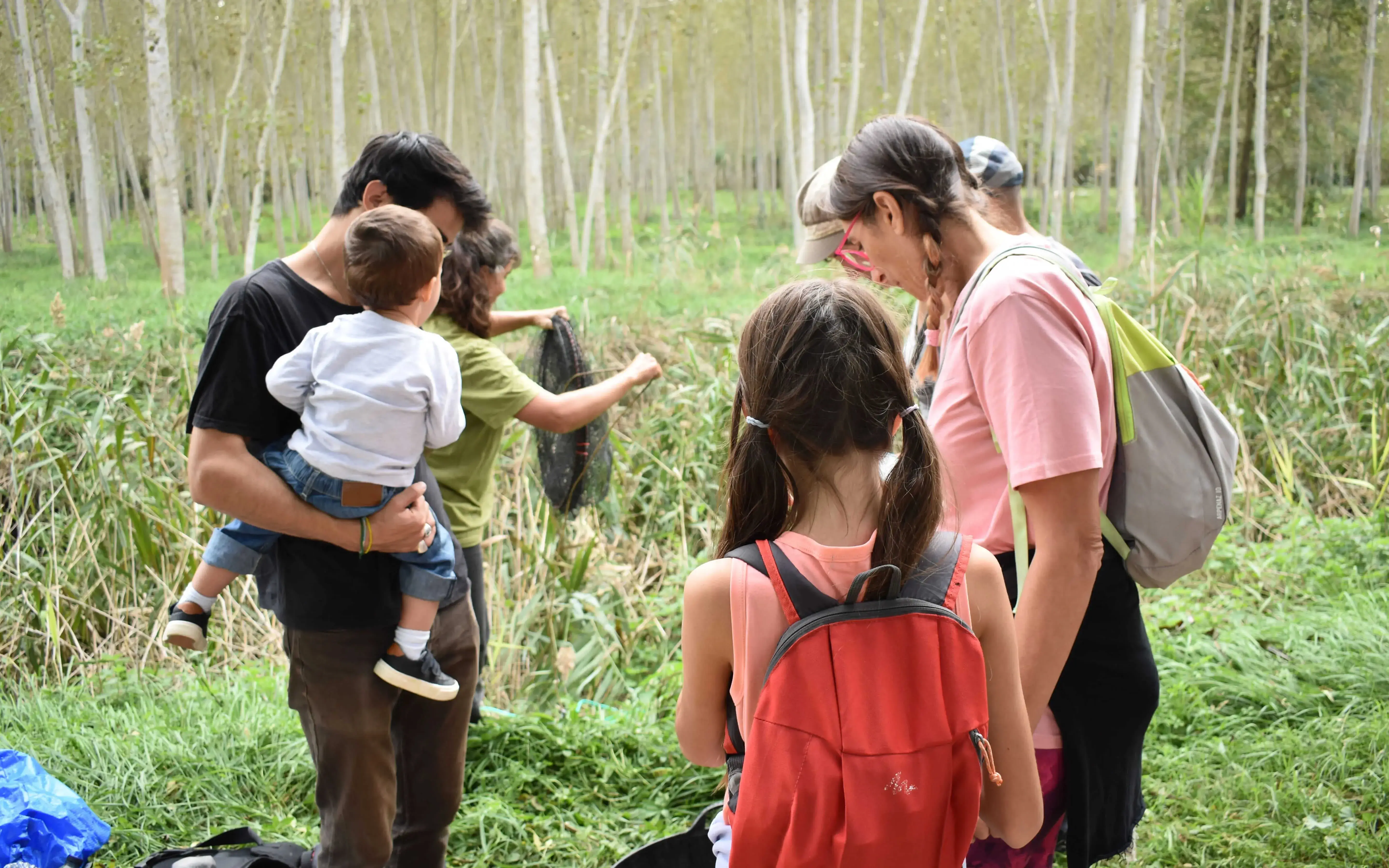Nature and Childhood: Nature Conservation as an Asset for Health and the Fulfillment of Children's Rights

The natural environment and environmental factors are key aspects for improving health, which must be promoted and ensured for both personal enjoyment and that of future generations.
On November 20, 1989, the first Convention on the Rights of the Child was held, establishing the needs and rights that should be ensured for children, as well as the tools that should be made available to them to guarantee their physical and psychological well-being and facilitate their development over time. These rights include protection, access to health, education, non-discrimination, play, rest, and, in general, the ability to enjoy a good quality of life. Although not explicitly mentioned among these rights, children's quality of life is conditioned by access to nature. In a context where the population is concentrated in urban areas, natural spaces serve as areas for leisure and rest, allowing children to gain the benefits derived from nature.
As stated in the Declaration on the Interdependence Between Health and Nature in Catalonia, 2018, nature provides irreplaceable benefits for health and well-being, while contributing to social cohesion and a sense of belonging to the territory. These benefits, although applicable to the entire population, are particularly important for the proper development of children. For this reason, it is essential to promote children's contact with nature, either through leisure activities or environmental education.
Allowing children to access nature enhances their proper development and health, while failing to ensure such contact leads to a loss of stimuli and a lack of ecological awareness.
At the Emys Foundation, in line with this declaration, we emphasize the need for children to be in contact with nature, as well as the benefits it provides in physical, psychological, emotional, and social terms. This contact helps them develop strategies and skills to face challenges related to climate change and adopt a participatory and informed attitude in decision-making that affects their environment and conditions their socio-economic development.
One tool to bring children closer to nature is environmental education, especially when incorporated into the educational field: it provides children with knowledge of the natural environment around them, while allowing them to enjoy it and reinforcing the knowledge imparted by the school. This enriches the experience and encourages joint participation in proposed activities.
This contact also fosters a sense of appreciation for the natural environment, promoting its protection and allowing both adults and children to enjoy its benefits.



Add new comment